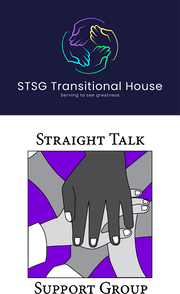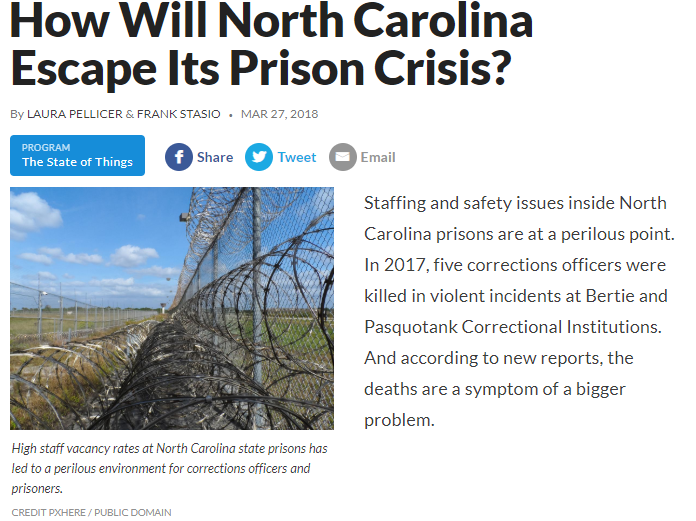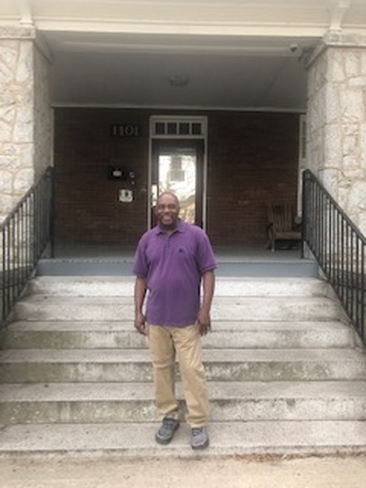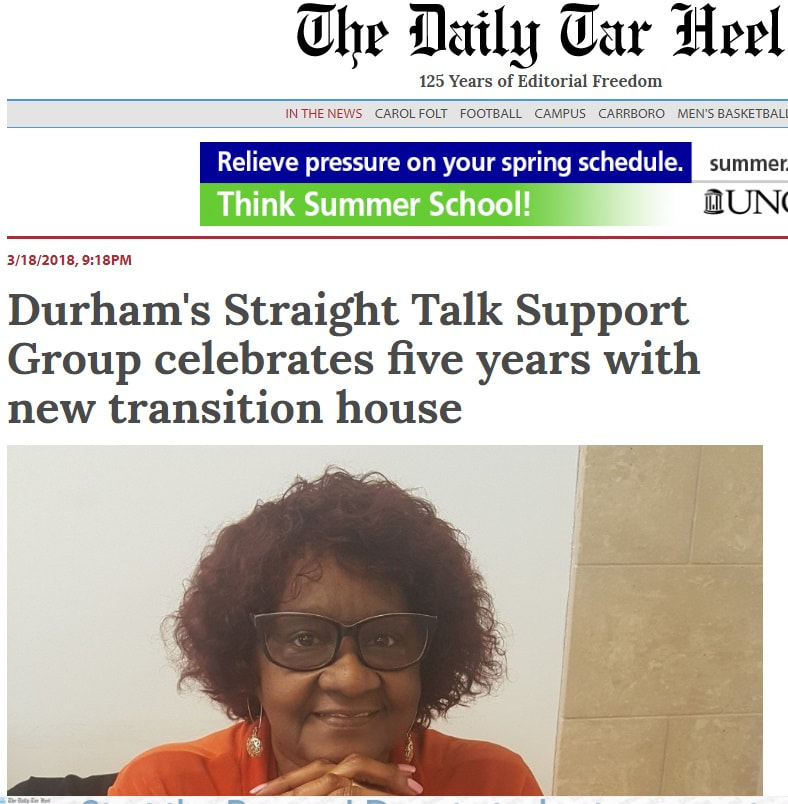|
0 Comments
Mar 12, 2019
Today, many of the leaders in North Carolina’s efforts to get people leaving prison on track to lead productive lives came together in Greensboro to learn, share information and develop new strategies during the 2019 North Carolina Reentry Summit. The summit, “Harnessing Hope for People Returning from Incarceration,” brings together members of community and faith-based organizations with experts in reentry to expand their knowledge of the needs and obstacles faced by people returning home from prison. During the summit’s opening session, Governor Roy Cooper and Attorney General Josh Stein spoke to the more than 500 attendees. Gov. Cooper, a long-time advocate for removing the barriers people face when they transition from the state’s prisons and jails back into communities, released a State Reentry Action Plan last year. Holding the summit was a goal included in the Plan. “When formerly incarcerated people get the help and support they need after leaving prison, they can become better neighbors, better employees and better parents,” Gov. Cooper said. “Inevitably, this makes our economy stronger, our neighborhoods safer and our state a better place for all people to live, work and enjoy life.” Faith-based organizations have long been engaged in prison ministries. The Reentry Summit seeks to educate and empower those same volunteers to help formerly incarcerated people as they return to their families and communities. People returning to their communities from prison or jail face critical challenges including finding stable housing, transportation and employment. Many also struggle with issues related to education, medical and mental health care, and successfully reuniting with their family. In 2017, the state legislature created the State Reentry Council Collaborative (SRCC). The group includes representatives from state agencies, the State Community College System, the judicial branch and community and faith-based organizations. The SRCC was tasked with studying the needs of people leaving incarceration and increasing the effectiveness of local reentry councils. The group has developed recommendations on how to reduce barriers and help people leaving prison find resources. Gov. Cooper thanked Summit attendees for the work they do and challenged them to use their networks to assist and support people with overcoming common barriers to reentry. “Now is the right time and North Carolina is the right place for a whole community approach to providing reentry services. We can all make a difference in a person’s life,” said Erik A. Hooks, Secretary of the N.C. Department of Public Safety. “I join Governor Cooper and Attorney General Stein in their strong commitment to taking deliberate steps to removing the barriers often faced by formerly incarcerated people and reducing repeat offenses in our state.” The Reentry Summit was sponsored in part by the Z. Smith Reynolds Foundation. Mr. Dula is a Black male 54yrs old. Originally from Thomasville NC. raised in Atlanta Ga. He moved back to North Carolina in 1976. Living between Thomasville and Durham. Mr. Dula has been married for 8 years. Mr. Dula has one son who is 21 that lives in Carolina, and a daughter who is 30 that lives in Atlanta with her husband.
Mr. Dula was previously incarcerated for 7 months at Criminal Justice Resource Center for Durham Mental Health. Mr. Dula was referred to Ms. Bessie Elmore and STSG by a mental health provider he previously worked with. Upon his release Mr. Dula enter STSG on June 28, 2018. Mr. Dula did not have a job. At this time, he felt very overwhelmed and depressed. During his stay, he relapsed twice. Upon his second relapse, he met with his case managers Ms. Elmore and Ms. Ellis. Housing for New Hope became his funding provider. Once he relapsed his case manager Ms. Ellis and Ms. Elmore met with Mr. Dula and laid out a plan of action, given him a second chance at STSG. Mr. Dula realized this was an opportunity for a fresh start. Ms. Elmore dew up Second Chance contract, which was just what Mr. Dula needed and he took full advantage of it. Mr. Dula got in touch with his old job where he was employed for 5 years. The company gave him a second chance They would see him pan handling and would always give him money. Mr. Dula has participated in most of the programs and has taken advantage of money management services offered here at STSG, enrolled in the housing program that Housing for New Hope program and saved up for his new home. Mr. Dula was able to reach his children through social media and repaired their relationship. He also reached out to his two sisters, and obtained a new bond. Mr. Dula is now in the process of moving into his own apartment. Mr. Dula has also brought a car to help him and his wife get around. Mr. Dula has high praise for STSG and its Executive Director for all the support he has been given. Freda Freeman of the Triangle Tribune (“The Voice of the Black Community”) covered the Martin Luther King Day preview open house for the Straight Talk Support Group and Resource Center Transitional House on North Mangum Street in Durham. You can read her article here:
ttp://www.triangletribune.com/news/2018/01/17/local/support-group-opens-home-for-former-inmates/ Watch to learn why Straight Talk Support Group deserves your support now: http://bit.ly/helpfamiliesincrisis
This is the most recent version of a work in progress to guide people in starting new Straight Talk Support Group chapters:
We are creating a model which can be replicated wherever it is needed. Recidivism “refers to a person’s relapse into criminal behavior, often after the person receives sanctions or undergoes intervention for a previous crime.” Learn more: Defining and Measuring Recidivism.
|
AuthorWrite something about yourself. No need to be fancy, just an overview. Archives
July 2020
Categories |




 RSS Feed
RSS Feed